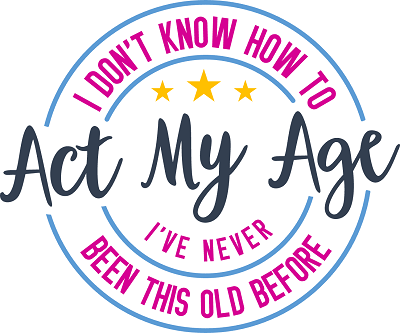 Men fear prostate cancer, but most don’t even know what the prostate is, what it does or know how to prevent cancer. Over 200,000 men are diagnosed with prostate cancer every year and over 20,000 die from it. Some men will never be diagnosed with the cancer, but maladies concerning the gland could cause problems and sometimes affect quality of life.
Men fear prostate cancer, but most don’t even know what the prostate is, what it does or know how to prevent cancer. Over 200,000 men are diagnosed with prostate cancer every year and over 20,000 die from it. Some men will never be diagnosed with the cancer, but maladies concerning the gland could cause problems and sometimes affect quality of life.
If you’re a man over 50 years of age, it’s important for you to know about the prostate and some of the situations that could affect your life and your health. Number one on the list of things you should know is that if you’re over 40 years of age, you should have the prostate checked on a yearly basis.
Some symptoms that indicate there might be a problem with the prostate gland include frequent urination, sexual difficulties, low sperm count or blood in the urine or ejaculate. Certain conditions, such as prostatitis may also cause fever, chills, aching muscles or back, painful urination and extreme fatigue.
Prostatitis is the most common form of prostate problem. There are three types of prostatitis – bacterial, nonbacterial and prostatodynia, but all can usually be diagnosed quickly and treated with antibiotics and anti-inflammatory drugs. Prostatitius doesn’t mean that you’ll develop cancer, and it’s not considered to be a serious illness, but if it persists, surgery is sometimes recommended.
Some of the above symptoms for prostatitis may also occur as symptoms for prostate cancer. It might also be accompanied by swelling in the legs, pelvic discomfort and severe bone or joint pain. Besides regular screening and immediately consulting your doctor if you have any signs that concern you, living a healthy lifestyle is crucial to preventing prostate cancer.
A diet high in fiber isn’t only healthy for your digestive system – it’s also great for the prostate. Basically, if you enjoy a healthy diet that is mostly plant-based and includes fruits, vegetables and whole grains, you may reduce the risk of any type of cancer and other diseases such as heart and colon problems.
Some medical studies have shown that certain components in plant-based foods that contain flavonoids and lycopene might help prevent cancer. Other studies show that it has no effect. But, considering the enormous benefits to eating foods such as tomatoes (high in lycopene) and fruits and vegetables high in flavonoids, it won’t hurt to include them in a cancer-preventative diet.
Obesity also increases the risk of developing prostate cancer – and many other health problems, so a healthy diet is a way to keep many problems at bay, especially for the over “50” set. Lose a few (or many) pounds by adopting a diet plan that includes fruits, vegetables and whole grains – it’s a win-win situation.
And, always drink plenty of water. Water flushes harmful toxins from your body, and everything you can do to get rid of bacteria and keep the bladder and urine clear is a positive step to keep from developing prostate cancer.


